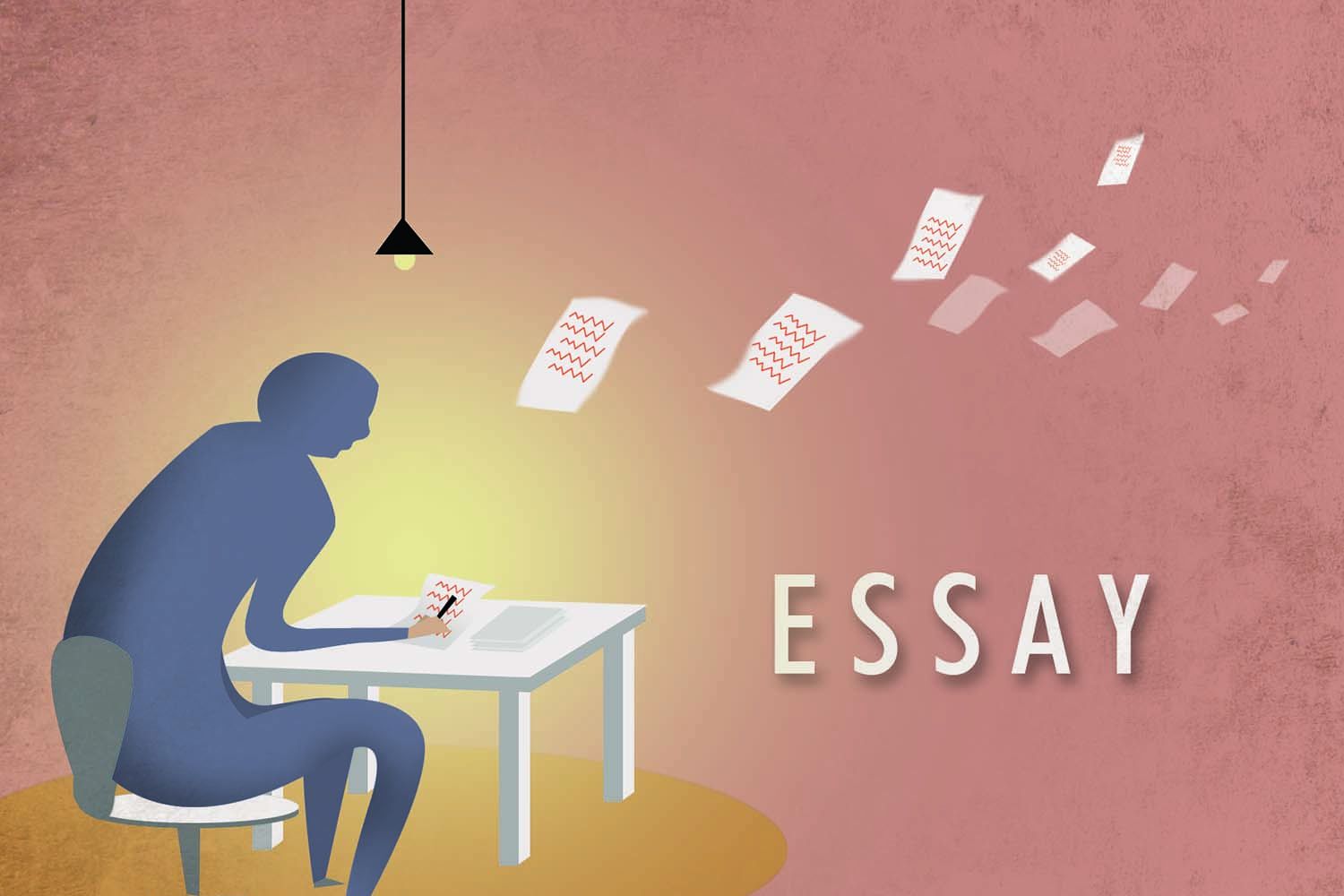
Cristina Quintanilla
was seven months pregnant when she felt a stabbing pain in her abdomen. She
rushed to the bathroom and lost consciousness. When she woke up in hospital a
few hours later, she was drowsy, in pain, and had no idea why police officers
were stationed next to the bed.
“They started asking
me personal questions and after a few minutes told me I was under arrest for
killing my baby. That’s how I found out that I was no longer pregnant, that my
baby had died,” said Qu
Continue reading “Pregnant, in danger, and scared to speak”
Read this story with a subscription.





